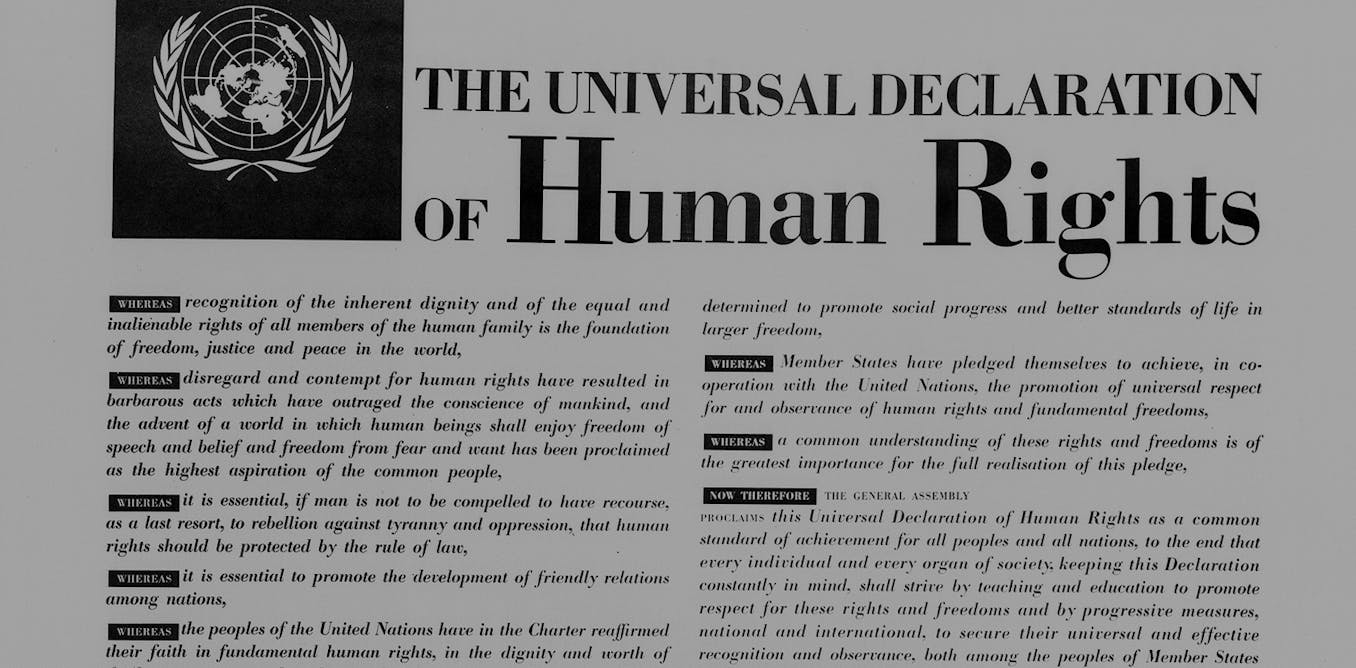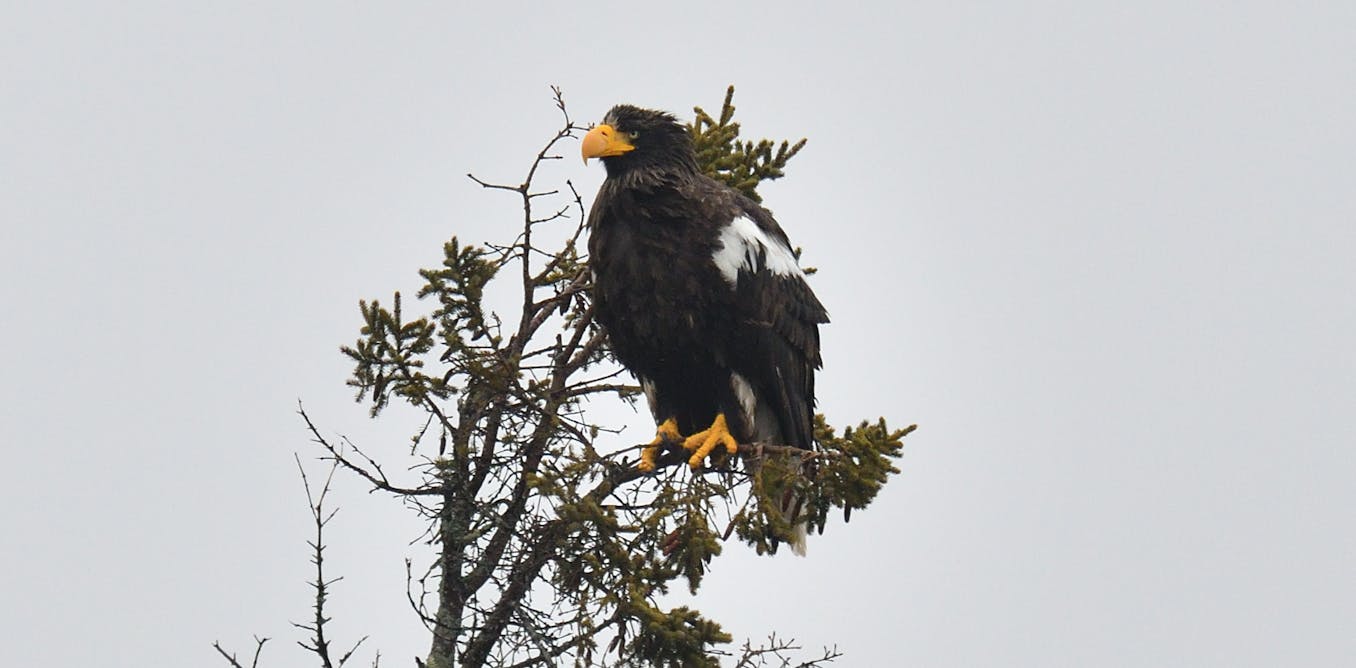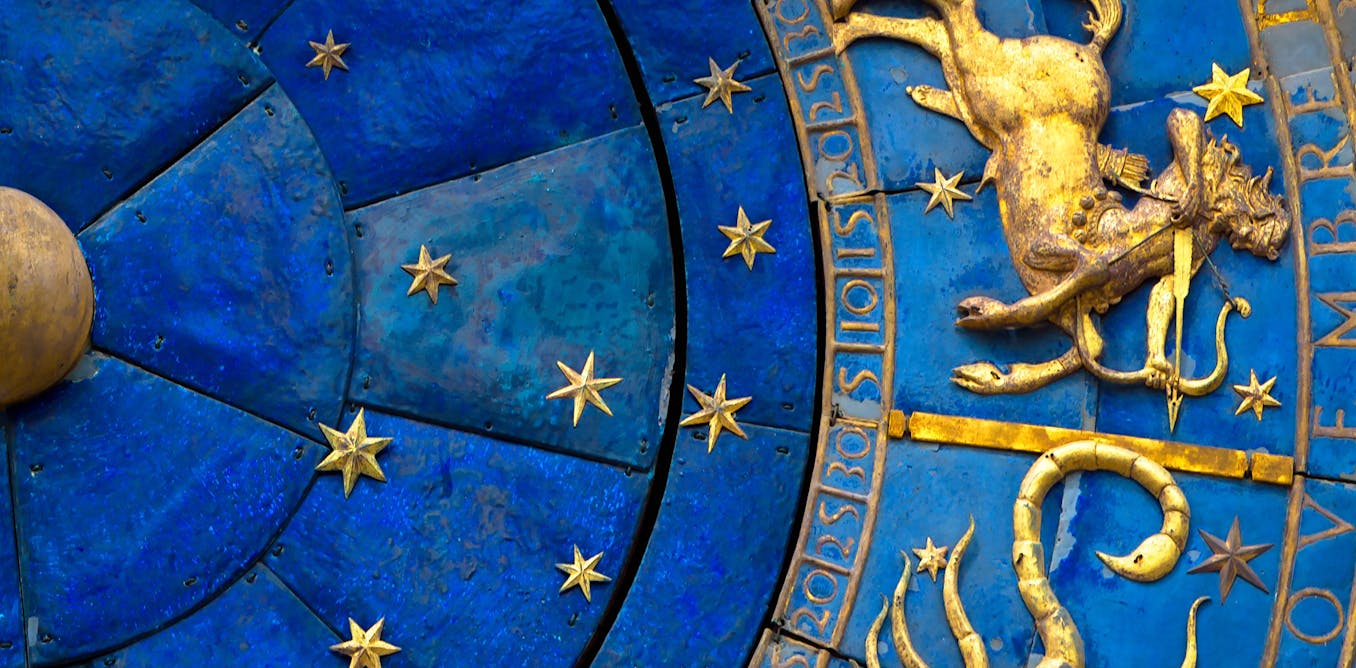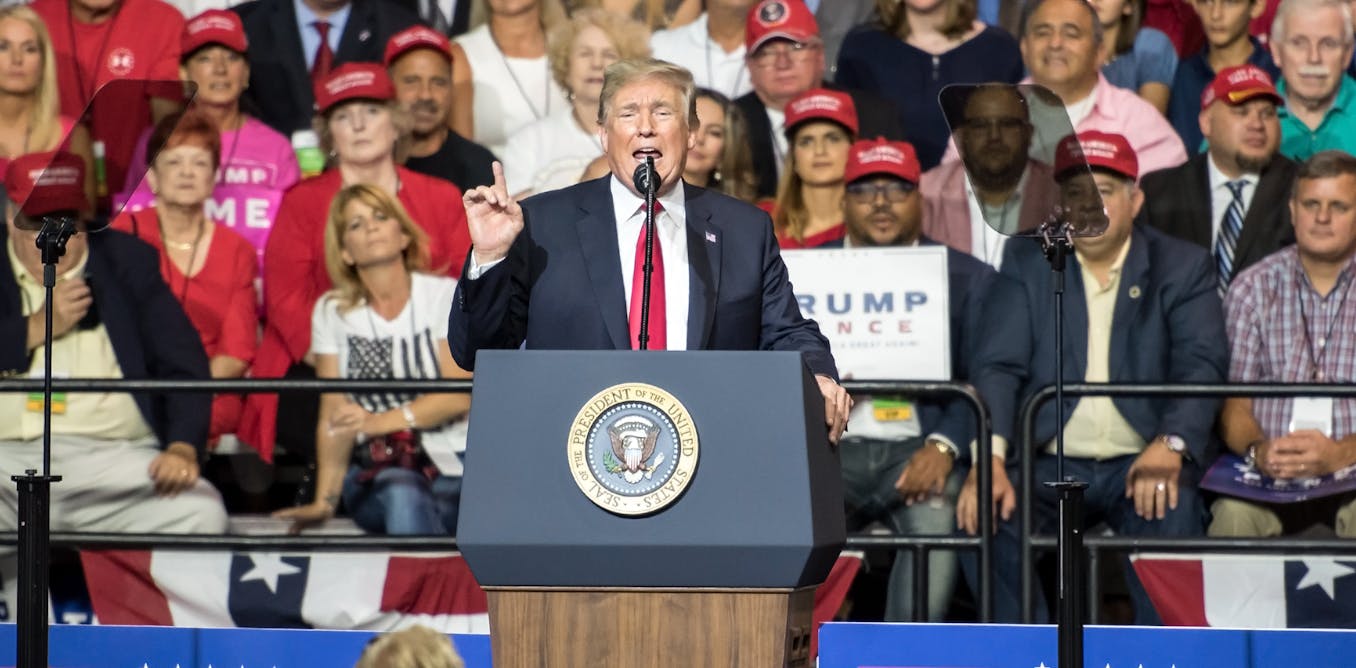Science is a human right − and its future is enshrined in the Universal Declaration of Human Rights
Decades ago, the international community codified science as a cultural right and protected expression of human creativity. Reaffirming science’s value can help it better serve humanity.
Andrea Boggio, Professor of Politics, Law and Society, Bryant University •
conversation
Dec. 5, 2023 • ~10 min
Dec. 5, 2023 • ~10 min




